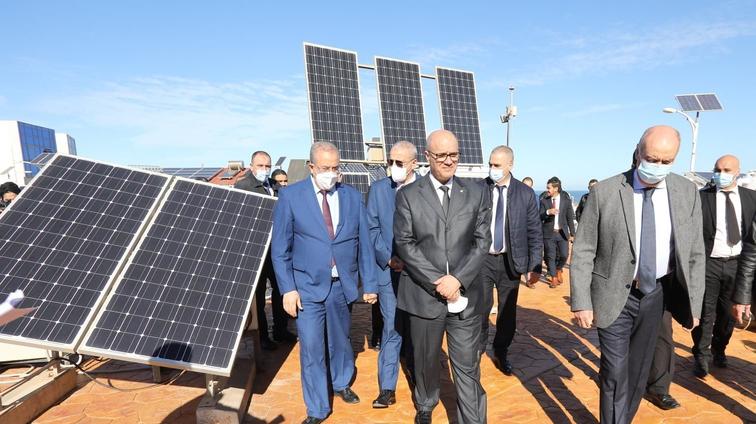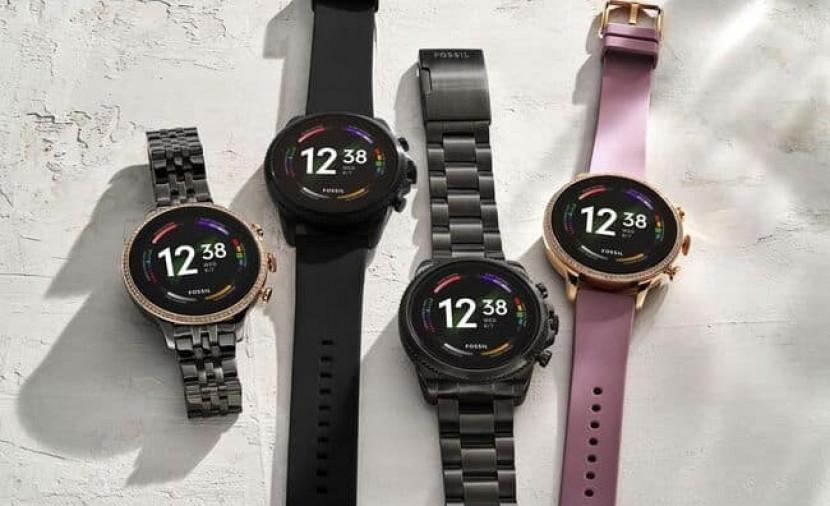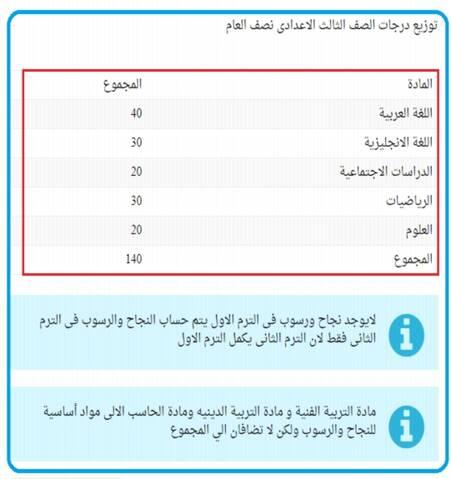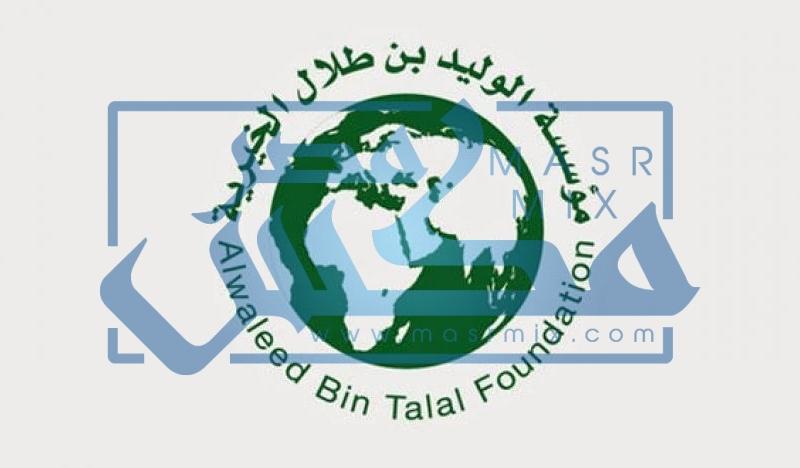The scenario of the execution of the killers of “Al-Aghbari” and the false Houthi justice
With the execution of the four accused of killing and torturing the young man, Abdullah Al-Aghbari, after a trial that lasted for a year, the Houthi militia used the case to beautify their distorted origins and present it as a model for its keenness to achieve justice in its areas of control, a justice that Yemenis considered “fake”. The “mysterious” that shook society and became a public opinion issue, the militia turned it into a propaganda campaign to polish its image and clear its page of the heinous crimes it commits against Yemenis every day.
With the Houthi militia trying to present this case as a model for its eagerness to achieve justice, Yemeni activists raised many questions about the crimes run by the militia through its security services and specialized gangs.
scapegoats
Commenting on the execution, Yemeni Information Minister Muammar Al-Eryani said, "The Houthi militia is trying to bury the file by executing four of the accused, without the circumstances of the case and the real reasons that prompted those human wolves to alternate in torturing al-Aghbari and killing him in that brutal image that shook Yemeni public opinion. and the Arab.”
He wondered about the reasons behind the Houthi terrorist militia's continued arrest of the officer "Abdullah Al-Asadi", the investigation officer in the case seven months ago, and the prevention of visiting him or communicating with his family, on the background of his accusation of leaking recordings of the incident of Al-Aghbari's torture, sparking popular anger and turning the crime into a public opinion case.
Al-Eryani stressed that these and other evidence confirm the Houthi terrorist militia's manipulation of the case file, and its execution of four of those involved in the crime, who were presented as scapegoats to absorb the popular anger, and to conceal the real motives behind committing the crime and covering up the main involved in it.
one-eyed justice
In turn, the Undersecretary of the Ministry of Information, Abdul Basit Al-Qaedi, said that "any justice that does not extend to the murderers of the supervisors who committed dozens of crimes of murder against citizens in well-known facts is a crime in itself and an incomplete justice."
He pointed out in a post on "Facebook", that "many of the killers fled to the bosom of the Houthi gang, and refused even to imprison them, and is trying to whitewash its image with this ruling," stressing that "the Houthis are a sin in itself, and anything less is nonsense."
Al-Qaedi added: “The one-eyed justice that looks with a quarter of an eye is not justice, and it is not right to measure justice with two standards, as it is one and indivisible value,” noting that “the Houthi priesthood is based on undermining the principle of justice and spreading injustice and oppression, and it will never be in the ranks of this great value.” .
The Undersecretary of the Yemeni Ministry of Information concluded his post by saying: "Justice is achieved only when the Yemeni people defeat the Houthi clan."
deceptive behavior
The Yemeni writer, Muhammad Al-Mayahi, commented on “al-Houthi’s alleged justice” with an article in which he said: “Al-Houthi boasts of the speedy completion of justice in the case of Al-Aghbari. He believes that the execution of the death sentence is a political testimony to his just and firm authority. As there is no attribute of justice that al-Houthi can wear so easily, no matter how he tries to market himself with this issue or that, and to appear as the authority that achieves justice among the people.”
He added: “In fact, an authority with which millions of Yemenis are quarreling cannot become, day and night, an authority that satisfies them and is entrusted with their destinies, because the sea of Houthi crime is too abundant to disappear just for the sake of achieving some individual justice and does not touch the essence of the authority; That is, the essence of justice in power is missing, and it cannot be restored by one, two, or even ten incidents.”
Al-Mayahi stressed that "no matter how Houthi tries to exploit a cause here and an incident there, in order to restore his distorted moral image, we must be keen to expose his flaws, and work to strip him of any moral gains he tries to profit from people's grievances, nothing can cleanse this group of its pollution even If she wears the clothes of Omar Ibn Al-Khattab - even though they do not like Omar - and she raises the sword of truth in every case.”
He continued, "In all its cases, it cannot conceal from people its essential truth, as a group that is not only a criminal, but a sponsor of crime, and there is no characteristic as far from it as it is far from any feature of justice."
Cosmetics and thread cutting

For his part, writer and journalist Salman Al-Hamidi, commenting on the execution, said: “The Assad officer is still in Al-Houthi’s prisons, because he leaked videos of torture and murder of Abdullah Al-Aghbari.”
Al-Humaidi pointed out that the Houthi militia imprisoned the officer “Assad” because “he turned the case into a discontented public opinion that confused the Houthis, and was afraid that the threads of crime would reach the symbols of the group, so it was only to cut those threads by executing the killers, in order to absorb the overwhelming popular discontent, and the appearance of the militia in the appearance of The strict just.
He noted that "the Houthis take advantage of everything to beautify their distorted origin, but powders do not cover more than a point in a face full of distortions," stressing that "the execution of killers does not negate the criminal character of a militia that committed wholesale crimes, from killing children, torturing people to death, And the trial of the Yemeni over a song.” He concluded his comment by saying: "My obstacle to the great justice that does justice to all Yemenis."
An example of “Houthi justice”
As for the lawyer, Khaled Al-Nasser, he recalled a case of mass murder that happened three and a half years ago in one of the remote countryside of Rima governorate, and the perpetrator of the crime was a militia member who returned after a sectarian mobilization cycle and drew his weapon and killed four of his villagers in the isolation of Al-Maskhan in the Directorate of Bilad Al-Ta’im.
In a Facebook post, titled "Public Opinion and its Impact on Justice," Al-Nasser pointed to the absent role of the public opinion-producing media from hundreds of final judgments rotting on the shelves of courts.
Al-Nasser said that "the death penalty was carried out against those convicted in the case of Abdullah Al-Aghbari's murder, and the trial procedures before the three degrees of litigation (primary, appellate and supreme) coincided with a media movement through social media and media channels, and the case was the talk of the street and the public due to the ugliness of the crime."
He added: Execution of judgments is a welcome matter, because there is no good in a judiciary in which there is no enforcement and that the fruit of judgments is their implementation, but the strange thing about the matter in recent times is that the implementation of some criminal judgments issued against those sentenced to retribution has become subject to the influence of public opinion, although there are cases in which judgments were issued. Executing suspects who committed horrendous and brutal murders.
He continued: However, due to the absence of these issues from public opinion and their failure to address them in the media, these rulings have not been implemented, although they have become final and final and many years have passed without being implemented.
The lawyer presented an example of justice that can only be attended by public opinion, in the case of the convict “Ahmed Ali Al-Jaboub” from the village of Al-Jaboub, the isolation of Al-Muskhan, the Directorate of Bilad Al-Ta’im, in the Raymah governorate, who killed 4 people, one of whom was a woman, and tried to kill two others.
The facts of the case, as told by the lawyer, are summarized as: “On March 4, 2018, Ahmed Al-Jaboub killed the victims / Muhammad Saad Abdullah Rajeh, Rashid Mahdi Muhammad Salih al-Azab, and in the name of Mahdi Muhammad Salih al-Azab and Hind Hassan Ahmad al-Azab, by firing several shots at them. He fired his automatic weapon and shot them dead on the spot, then proceeded to kill the victims / Mahdi Muhammad Abdullah Mahdi and Walid Abdo Ahmad Al-Haddad by firing several bullets at them, resulting in severe injuries in different parts of their bodies and causing them permanent disability.
He explained that "the crime was committed for no reason," pointing out that all measures were taken against the accused, from the police investigation to the prosecution to moving the case with a criminal case in the Al-Jebeen Court of First Instance.
He said that the accused admitted in the trial "to deliberately and aggressively killing the victims and intent to take their lives and that he does not regret doing so, and from his point of view that their blood is permissible and that they are hypocrites, and that God ordered their killing in the Qur'an."
Lawyer Khaled Al-Nasser added: A preliminary ruling was issued by the Al-Jubayn Court condemning the aforementioned accused of what was attributed to him and punishing him with the death penalty by firing squad to death, provided that the sentence is executed in a public square attended by the public and the media are invited to it.
And he added: After the verdict was pronounced, the convict stated that he agreed to the verdict and supervised it (ready to implement it), referring to the Court of Appeal’s support for the preliminary ruling, and the issuance of the Criminal Division of the Supreme Court in Sana’a, its ruling on 9/23/2018 AD approving the preliminary ruling issued by the Court Primary forehead in all its vertebrae.
The lawyer published a picture of the final verdict, and confirmed that “two years have passed since the issuance of the final and final rulings (and the truth is that it has been three years) and the ruling has not been implemented, and the bodies of the victims are still in the refrigerator of Al-Hodeidah Hospital until now because the blood guardians refuse to bury them until after the implementation of legal retribution.” .
However, he added, "Knowing that the file was presented to the President of the Republic (the ruling political council in the logic of Houthi control) for approval after his return from the Supreme Court."
The lawyer wondered about the reasons obstructing the ruling, "Is the reason the lack of a person to convey the voice of the blood guardians to the official authorities? Or the absence of any popular or media movement in this case?"
He expressed his astonishment at the procrastination of the Public Prosecution (subject to the Houthis), which is entrusted with the implementation of the final and final rulings without delay as long as the implementation has become a duty and without any obstacles in implementation. Implementing the punishment of retribution on the same basis as other cases in order to achieve justice and support the oppressed.
Whatsapp PrintTwitterFacebookGoogle Plus







